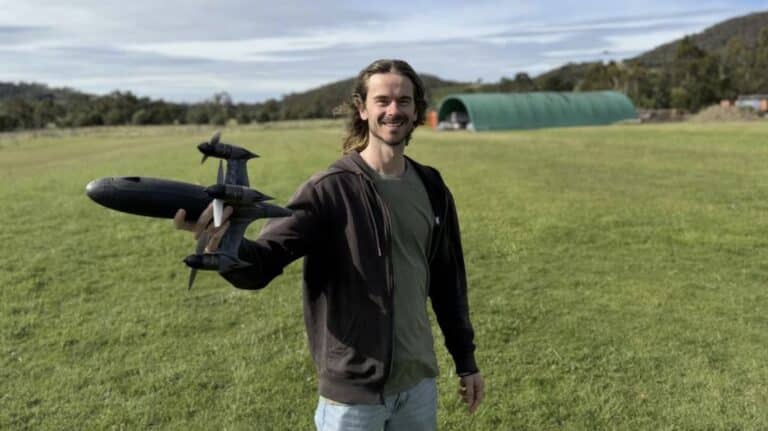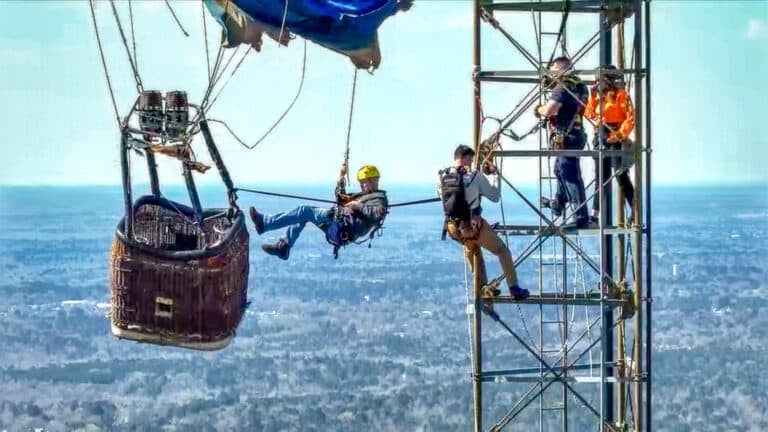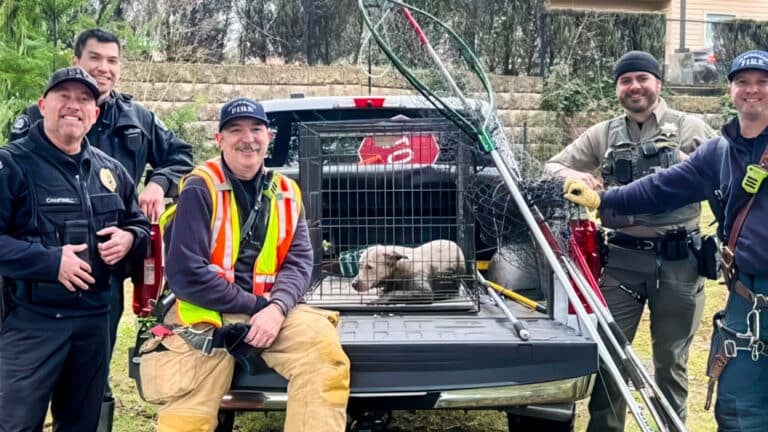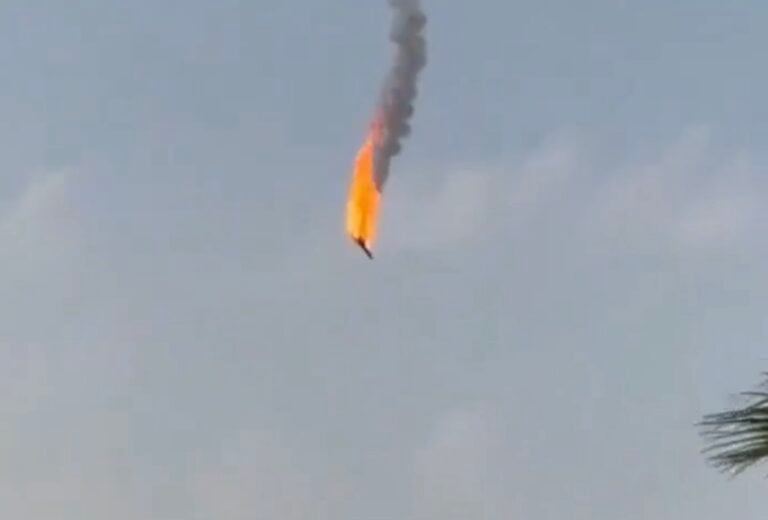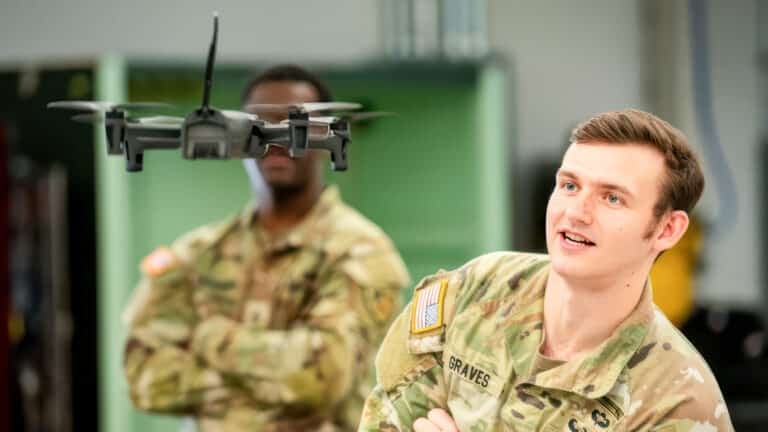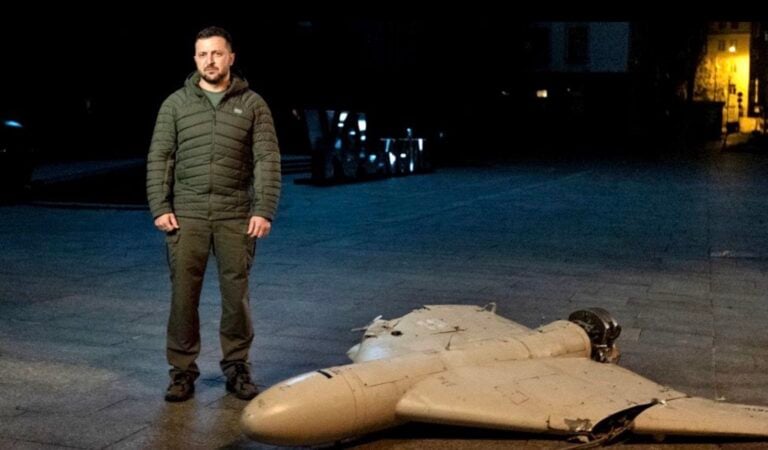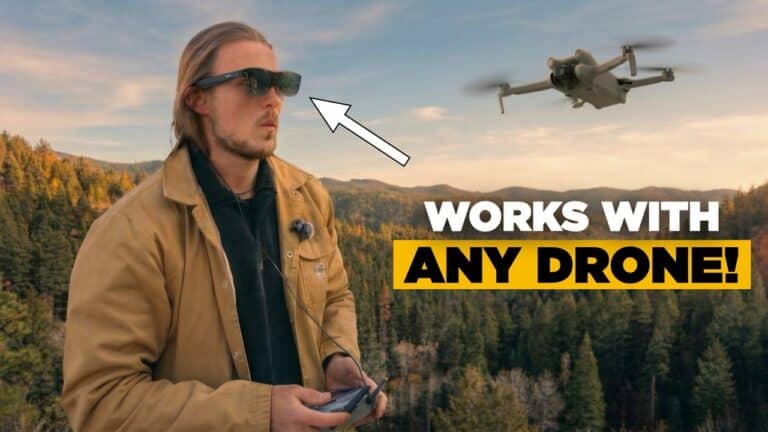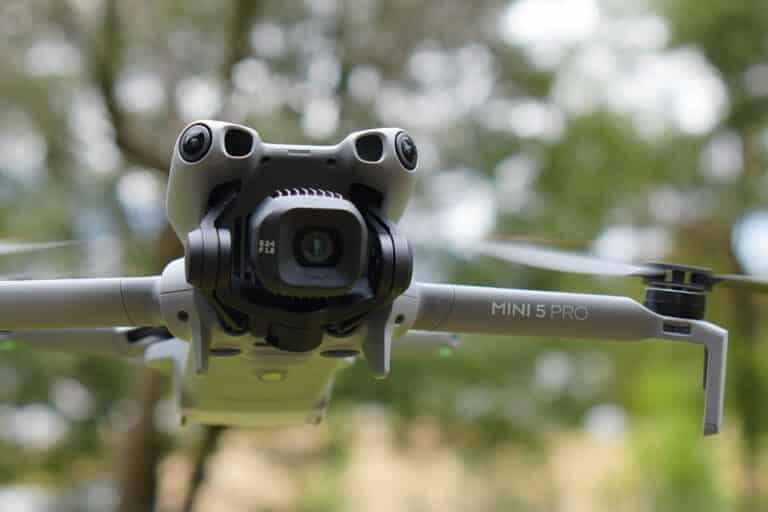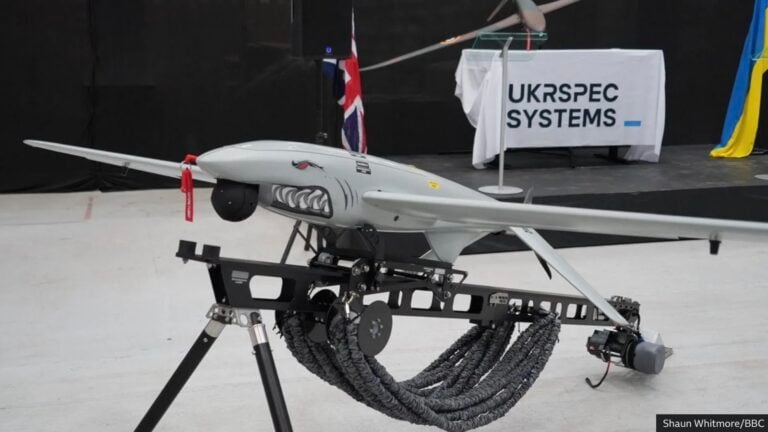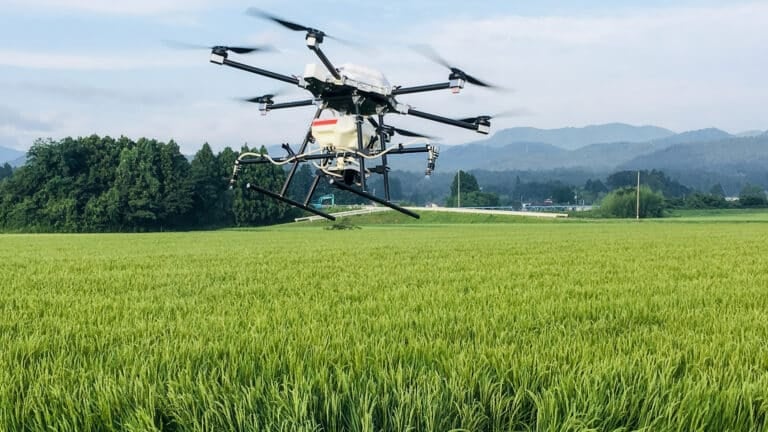Portland, Maine City Council Rejects Police Drone Program Despite Search-And-Rescue Benefits
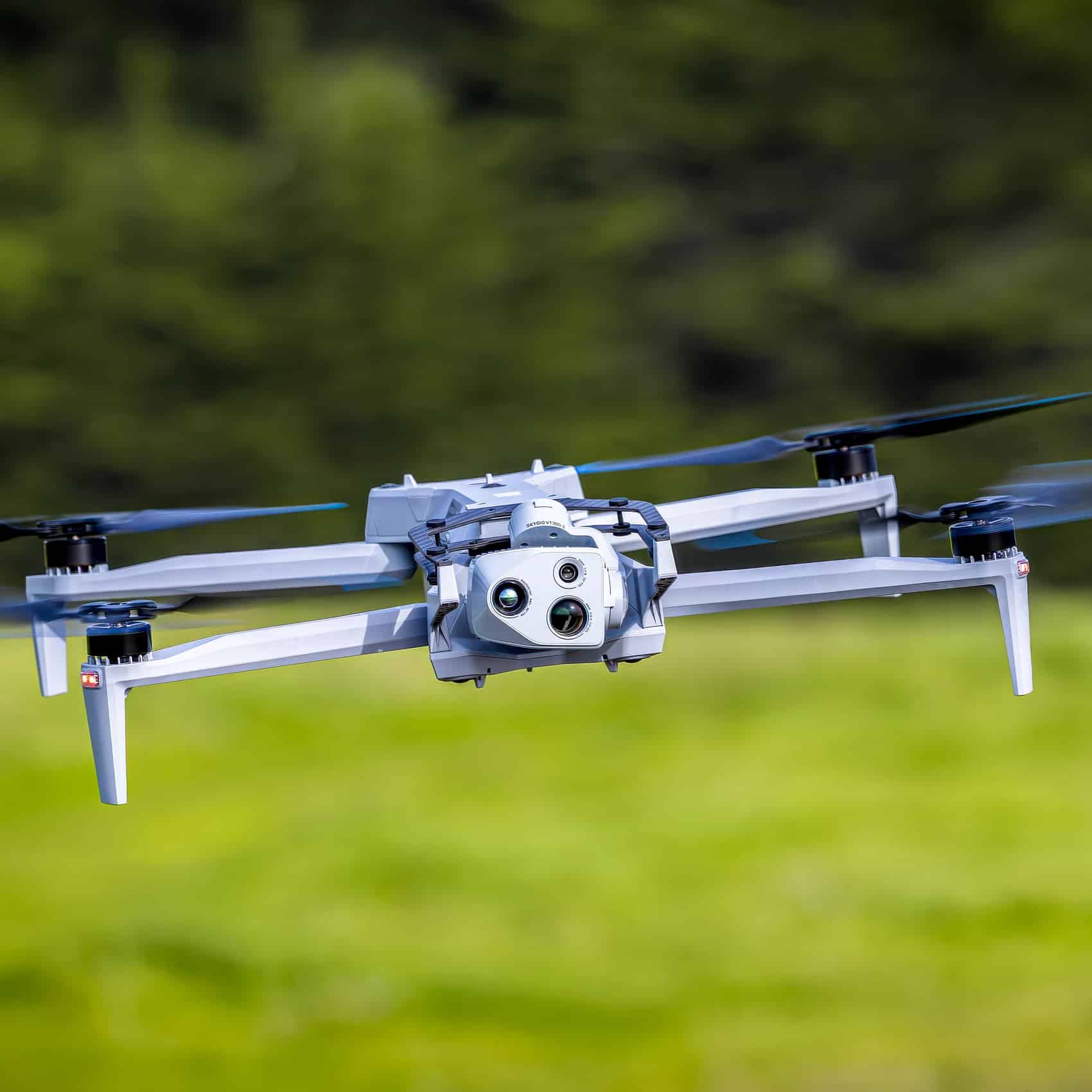
Check out the Best Deals on Amazon for DJI Drones today!
Portland, Maine’s City Council voted 4-3 Monday night to reject the police department’s proposal to purchase a $45,000 drone for search-and-rescue operations and accident reconstruction, marking another rare example of sustained citizen resistance to police drone adoption as most U.S. cities rapidly deploy aerial surveillance with minimal public debate.
The Portland Police Department sought to purchase an Axon drone that would integrate with the department’s existing body camera and cruiser camera systems. Police Chief Mark Dubois argued the technology would help locate missing persons, manage barricaded suspect situations, and reconstruct crime scenes more efficiently.
Privacy Concerns Override Operational Benefits
During the public comment period, Portland residents raised concerns about surveillance capabilities, potential for racial profiling, and lack of adequate policy protections.
“The Axon drone is manufactured by a company called Skydio, and it has the ability to surveil our skies and to collect a lot of invasive personal information about residents that can make us a lot less safe,” Portland resident Leo Burnett told the council, according to WGME.
Councilor Wesley Pelletier expressed skepticism about long-term oversight, stating:
“I trust where the department is now, but I don’t want to sign that check for the next couple of decades without making sure we have protections in place,” according to Spectrum Local News.
Councilor Regina Phillips voiced similar concerns:
“I have a different take on the police department and what they do and that trust, and for me, I’m just not comfortable voting for this,” she said.
Supporters Argue Technology Is Standard Practice
Among the few supporters, resident George Rowe questioned the resistance:
“The idea that a drone is somehow too hot an item to give our police department in this day and age is a head-scratcher,” The Maine Wire reported.
Rowe added: “This is a no-brainer. Drones are part of what we do.”
Councilor Kate Sykes, who voted in favor of the proposal, argued:
“Saying whether or not the police can purchase a drone is not going to make drones go away. In fact, it only puts us in a more difficult position because we don’t really have control over the usage in our city.”
Portland currently borrows drones from neighboring departments when needed. According to the Maine Criminal Justice Academy, 22 law enforcement agencies in the state already operate drone programs.
Proposed Uses Emphasized Public Safety Applications
Police officials detailed specific operational scenarios where drones would prove valuable.
“New technologies, such as the UAV [unmanned aerial vehicle], provide an opportunity to help maintain public safety with greater efficiency and effectiveness in accordance with the rights of residents and applicable legal requirements,” police officials wrote in a memo to the council.
Chief Dubois specifically noted the tactical advantages:
“In terms of officer safety, using a UAS during a barricaded suspect incident allows the Incident Commander to search interior spaces before sending in personnel. This creates a significant tactical advantage for officers and alleviates the need to put personnel in extremely dangerous situations.”
The $45,316 total cost would have been funded through federal asset forfeiture funds already appropriated in January 2024. The proposal included the drone hardware at approximately $16,500, plus software licenses, servicing, training, and associated charges.
National Context Shows Diverging Paths
The Portland decision comes as police drone adoption accelerates nationwide. Axon Corporation, which would have supplied Portland’s drone through its partnership with American drone manufacturer Skydio, estimates approximately 1,400 U.S. police departments currently operate drones.
The council indicated the proposal would be reconsidered at its December meeting, leaving the door open for revised policies that might address privacy concerns while enabling the operational benefits police cite.
DroneXL’s Take
Portland’s 4-3 vote represents something increasingly uncommon in American policing: democratic oversight actually working to slow technology adoption until proper safeguards exist. This stands in stark contrast to the nationwide explosion of Drone as First Responder programs we’ve documented throughout 2025.
Just last week, we covered how Syracuse, New York’s drone program has been withdrawn four times this year after 67% of public comments came back negative. In October, Eureka, California police withdrew their drone research proposal after organized community opposition mobilized ahead of their council meeting. These examples of sustained citizen resistance are remarkable precisely because they’re so rare.
Meanwhile, the expansion continues at breakneck speed elsewhere. The same week Portland rejected its $45,000 proposal, Brooklyn Park, Minnesota approved a $4.6 million Skydio/Axon DFR program. Concord, California just expanded their program with $531,496 in new Skydio equipment. Laredo, Texas operates a successful DFR program that delivers Narcan to overdose victims and arrives at scenes in under three minutes.
Here’s the tension that makes Portland’s debate legitimate: search-and-rescue drone applications genuinely save lives. We’ve documented countless examples where thermal-equipped drones located missing persons in conditions where ground teams would have failed. AI-powered drone systems are revolutionizing wilderness rescue, cutting search times from weeks to hours.
But the exact same hardware that saves lost hikers can surveil backyard barbecues. Chula Vista’s landmark transparency case just cost that city over $500,000 in legal fees because they fought tooth and nail to hide routine drone footage. California communities using drones for fireworks enforcement issued $929,000 in fines to 18 homeowners, raising serious questions about warrantless aerial surveillance and revenue-driven enforcement.
Portland residents aren’t wrong to demand robust policies before hardware deployment. The problem starts when departments try to bypass oversight processes or expand usage beyond stated purposes—exactly what triggered Syracuse’s year-long standoff when police wanted to expand from “high-priority emergencies” to “any 911 call including noise complaints.”
The Axon-Skydio partnership driving much of this expansion represents the intersection of legitimate public safety innovation and concerning surveillance infrastructure. These aren’t your hobbyist quadcopters—they’re sophisticated platforms with thermal imaging, AI-powered tracking, and seamless integration into evidence management systems. The 150% growth in law enforcement drone programs since 2018 shows this technology has moved decisively past the experimental phase.
What makes Portland’s approach reasonable is the timeline: they’re not saying “never,” they’re saying “not yet, not without better policies.” The December reconsideration gives the department time to address privacy concerns, establish clear use limitations, and build the community trust that makes these programs sustainable. Cleveland’s drones have sat grounded for over a year awaiting similar policy approval—painful for the department, but arguably necessary for long-term legitimacy.
The broader question remains: can American communities find the balance between beneficial public safety applications and constitutional privacy protections? Most cities are answering by deploying first and asking questions later. Portland, Syracuse, and Eureka are trying the opposite approach. Time will tell which strategy serves both public safety and civil liberties better.
What do you think? Share your thoughts in the comments below.
Discover more from DroneXL.co
Subscribe to get the latest posts sent to your email.
Check out our Classic Line of T-Shirts, Polos, Hoodies and more in our new store today!

MAKE YOUR VOICE HEARD
Proposed legislation threatens your ability to use drones for fun, work, and safety. The Drone Advocacy Alliance is fighting to ensure your voice is heard in these critical policy discussions.Join us and tell your elected officials to protect your right to fly.
Get your Part 107 Certificate
Pass the Part 107 test and take to the skies with the Pilot Institute. We have helped thousands of people become airplane and commercial drone pilots. Our courses are designed by industry experts to help you pass FAA tests and achieve your dreams.

Copyright © DroneXL.co 2026. All rights reserved. The content, images, and intellectual property on this website are protected by copyright law. Reproduction or distribution of any material without prior written permission from DroneXL.co is strictly prohibited. For permissions and inquiries, please contact us first. DroneXL.co is a proud partner of the Drone Advocacy Alliance. Be sure to check out DroneXL's sister site, EVXL.co, for all the latest news on electric vehicles.
FTC: DroneXL.co is an Amazon Associate and uses affiliate links that can generate income from qualifying purchases. We do not sell, share, rent out, or spam your email.







